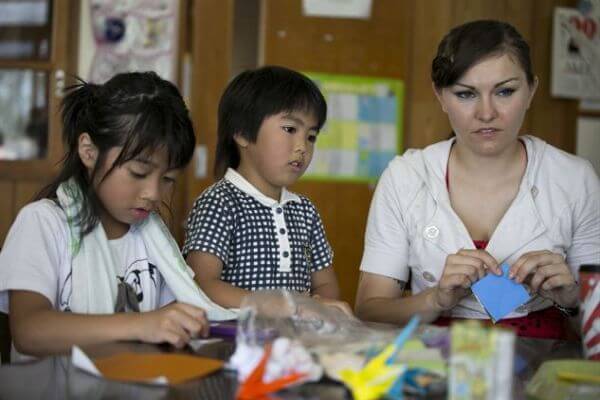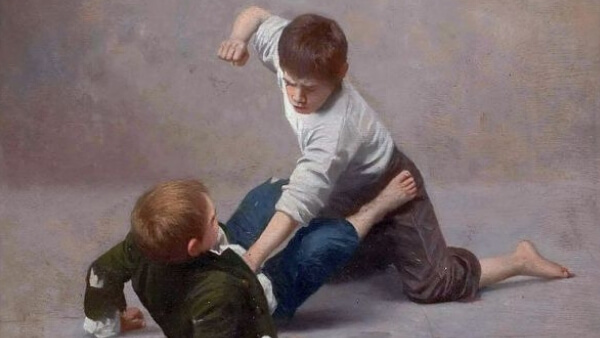Toxic Friendship – How Can You Help Your Child?

What is a Toxic Friendship:
As parents, we need to keep a watch on children and those who interact with our child. When our child steps out of the house, he mingles with his classmates or friends and gets influenced. The influence may be positive or negative. Sometimes we see a child who was confident and well-behaved suddenly seems to be withdrawn, not showing interest in meeting his friends or participating in any activities. In such cases, the parents need to investigate the reason behind it. Sometimes it may be due to toxic friends who might have a bad influence on the child.
Signs Your Child Is Into Toxic Friendship:

As a parent, we need to know our child’s friends, how he is interacting with them and what influence they have on him/her.
- Of late you observe that your child is hanging out with a particular friend and is not able to say no to his demands. He is all out to please that friend.
- The child breaks parenting rules such as coming home late, not having food on time, throwing tantrums etc.
- You observe that your child’s friend is rude in the public and exhibits bullying attitude.
- Your child is hanging out with friends who are into drugs, smoking and other antisocial activities such as ragging, shoplifting, etc.
- You observe behavior changes in your child, which can be feeling depressed, emotional, etc.
- Your child is lonely and his/her friends seem to exclude them at times.
- You find that your child’s friend is acting selfish, or is refusing to share things with your child.
- You observe that your child is exhibiting temperamental behavior mood swings. She reacts violently if her demands are not met.

How To Help Your Child Deal With Toxic Friends:
- The children are very loyal to their friends and will not like if their parents criticize their friends. Instead, talk about the behavior of the friend without mentioning him and its consequences.
- Parents should set limits or boundaries within which the child’s interactions with friends should happen. He/she should be aware that there are certain things or information which he/she should not share.
- Parents should talk about their mean friends, what they do and how to deal with them. This will help them realize the reality.
- Discussing with the child about the day’s happenings and his/her friends will help identify whether your child is getting influenced by friends in a positive or negative way.
- Set a structure so that you know when your child is crossing the boundaries and make him aware of the consequences. When your child gives wrong information and lies to you about who he is hanging with, you need to discipline him.
- Keep an eye over your child’s behavior. If there are any drastic changes like she is upset, refusing to talk, not taking interest in things she likes to do etc, investigate whether a friend is a cause.
- If you feel that a friend of your child is bullying her, misbehaving or spreading rumors, have a friendly talk to the parents and take their help.
- Always remind your child that he/she is unique for the capabilities he/she has got. Never ever compare them with other children. Build self-confidence in your child so that they can confront negativity.

Prepare for the fall-out:
As a parent, you struggle to protect your child from the influence of toxic friendship. Sometimes a situation comes when you have to move to a different neighborhood or change your child’s school to end the toxic friendship. Your child may protest. He may blame you for the loss of his/her friendship and it may take a long time for them to reconcile. In such situations, it is better to avoid arguments and ignore the tantrums of your child. Try to divert his mind. When you realize that your child is not ready to listen, and if the situation is going out of control, it is better to seek professional help.
Closing Thoughts:
No one can make you feel inferior without your consent. This should be the motto of your family. As parents, you should make your children aware that they have to be strong and not let anyone hurt them in any way. Parents themselves should exhibit such behavior with their peer group and set an example for the kids. As parents, be aware of your child’s activities and get introduced to their friends to get an idea of what kind of people, your child is interacting with and whether they have a positive or negative influence on your child.




